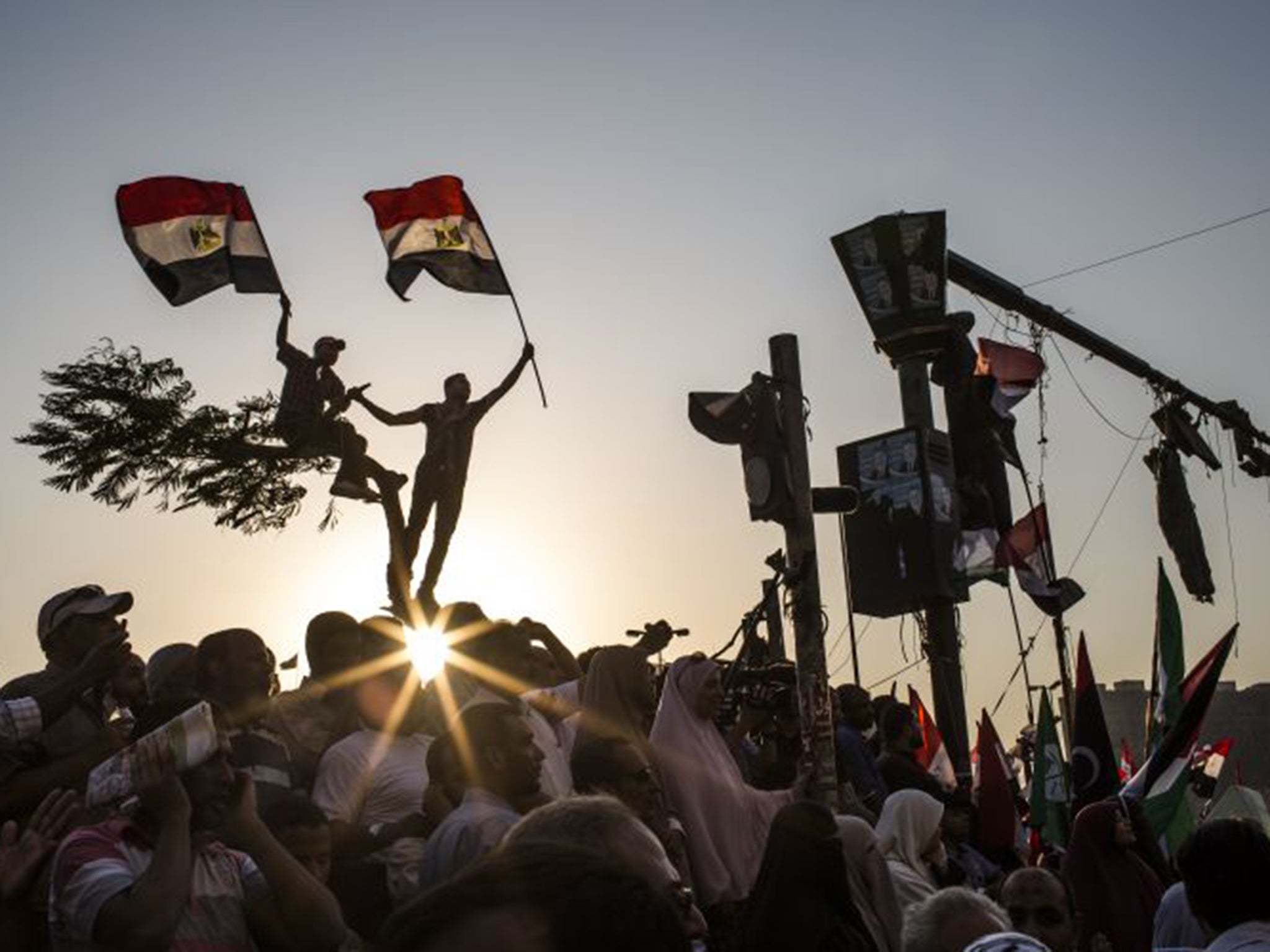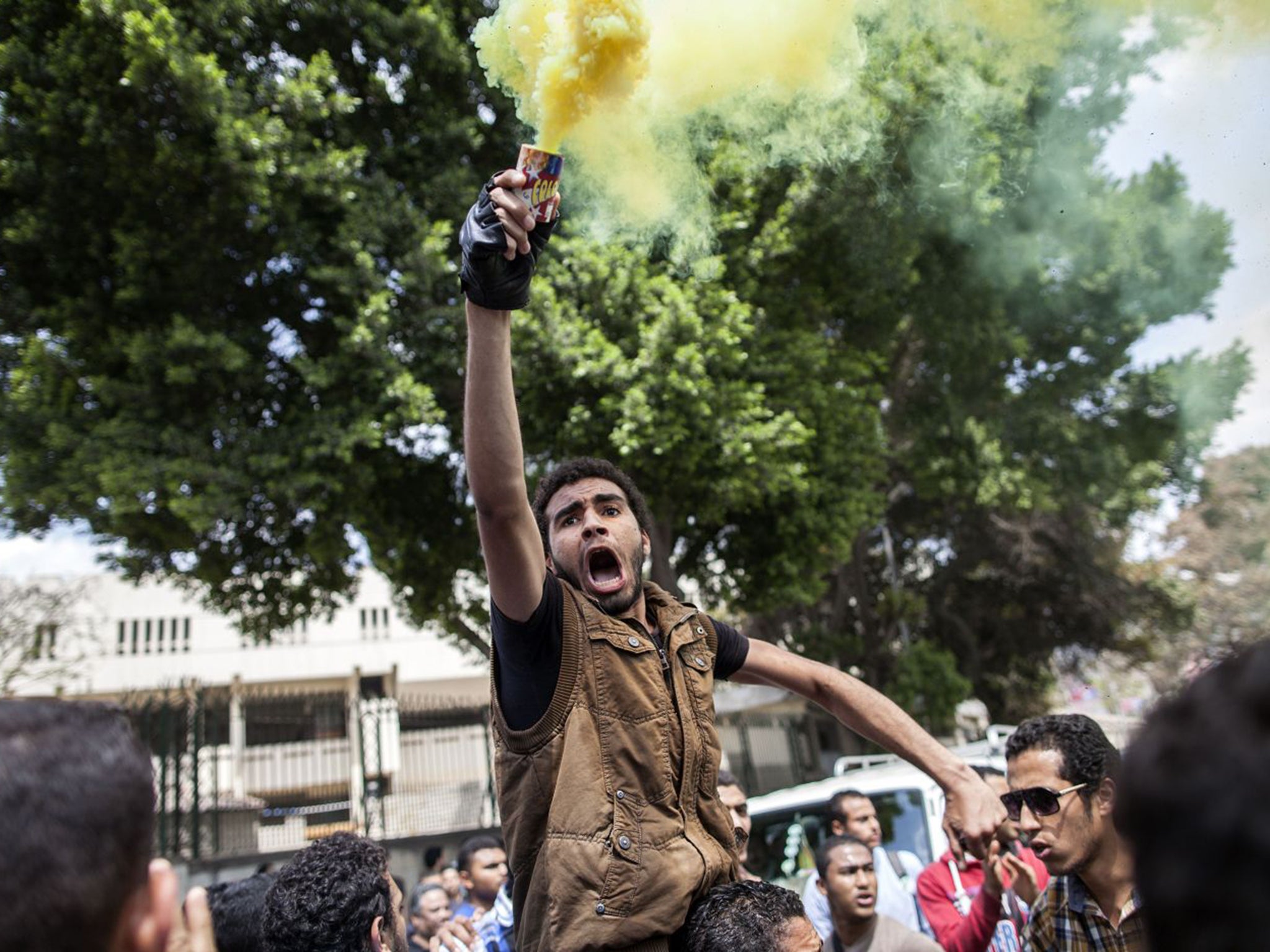Muslim Brotherhood: Nations divided when it comes to group’s true nature


Your support helps us to tell the story
From reproductive rights to climate change to Big Tech, The Independent is on the ground when the story is developing. Whether it's investigating the financials of Elon Musk's pro-Trump PAC or producing our latest documentary, 'The A Word', which shines a light on the American women fighting for reproductive rights, we know how important it is to parse out the facts from the messaging.
At such a critical moment in US history, we need reporters on the ground. Your donation allows us to keep sending journalists to speak to both sides of the story.
The Independent is trusted by Americans across the entire political spectrum. And unlike many other quality news outlets, we choose not to lock Americans out of our reporting and analysis with paywalls. We believe quality journalism should be available to everyone, paid for by those who can afford it.
Your support makes all the difference.The true nature of the Muslim Brotherhood is an issue that polarises international opinion and has direct bearing to recent and current conflicts which have cost a great number of lives.
On one side are those who hold that the movement is a legitimate expression of political Islam which must be allowed to play its part in the governance system.
The counter argument is that the Ikhwan, as the Brotherhood is called in Arabic, is an insidious force bent on using the electoral process to get into power with the aim of suppressing democracy and establishing a fundamentalist state.
A very senior Israeli security official insisted to me yesterday that the organisation was a “Trojan horse which does not really believe in democracy”.
The manifesto of Hamas, the Palestinian offshoot of the Egyptian Brotherhood, he pointed out, was written in London. “I don’t want to go into what we think about the Jenkins report publicly,” he added.

This stance is not confined to the Jewish state. In the Middle East, Saudi Arabia and the Gulf states take the same view, while Qatar and Turkey are firm supporters of the movement. The latter backed Mohamed Morsi, who led the Brotherhood government in Egypt. The former backed the then General Abdel Fattah al-Sisi, who overthrew him.
A similar power play is taking place now in Libya as the country implodes in a civil war between Islamists and their opponents.
In the current climate of jihadist violence, Britain needs the help of countries like Saudi Arabia on counter-terrorism. There is also the matter of the Kingdom and the Gulf states being lucrative markets for exports. It should not, thus, come as a surprise that Downing Street has taken the convenient option of delaying the report if it does, indeed, give the brothers a clean bill of health.
Join our commenting forum
Join thought-provoking conversations, follow other Independent readers and see their replies
Comments